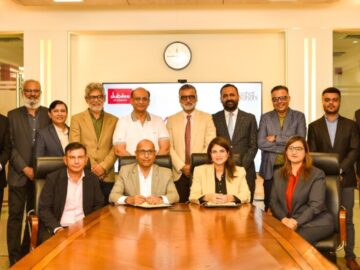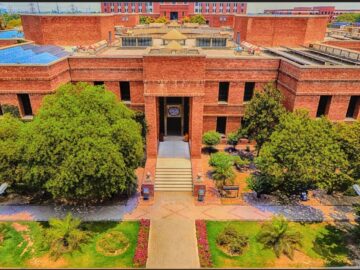
Early Warning Services, LLC, the network operator behind Zelle®, and Fiserv, Inc. have partnered with financial institutions, empower minority and underserved communities to access real-time payments through Zelle.®
The two organizations are each offering a rebate to qualifying minority depository institutions (MDIs) that sign up to offer Zelle®. Banesco USA is the most recent MDI to join the Zelle Network®. Banesco USA provides banking services to diverse communities and is a leading community bank in technological innovation.
Banesco USA customers can now look for Zelle® in their BanescoMobile banking app to send money to friends and family, wherever they bank in the U.S. Money sent with Zelle® goes directly from one bank account in the U.S. to another, using only a recipient’s email address or U.S. mobile number. Funds are typically available within minutes when both parties are already enrolled with Zelle®.
“MDIs play a crucial role for minority and underserved communities, including both consumers and small businesses,” said Lou Anne Alexander, Chief Product Officer at Early Warning. “By partnering with Fiserv, we make it even easier for these financial institutions to access the Zelle Network®, giving their customers additional tools to help meet their financial goals.”
“We’re focused on building long-lasting relationships with our customers, and that means continually evolving our offerings to meet their needs,” said Gustavo Rengifo, SVP Products and Digital Banking Officer at Banesco USA. “The addition of Zelle® expands our current money movement capabilities with a real-time digital payment option that offers the speed and ease of use people expect.”
“Fiserv chooses to stand for diversity and inclusion, and we are committed to help enable equitable access to financial services,” said Neil Wilcox, Head of Corporate Social Responsibility at Fiserv. “Real time payments, such as those made through Zelle®, empower people to better manage their financial lives, and MDIs play a key role in bringing these capabilities to the historically underserved communities who can benefit from them most.”










